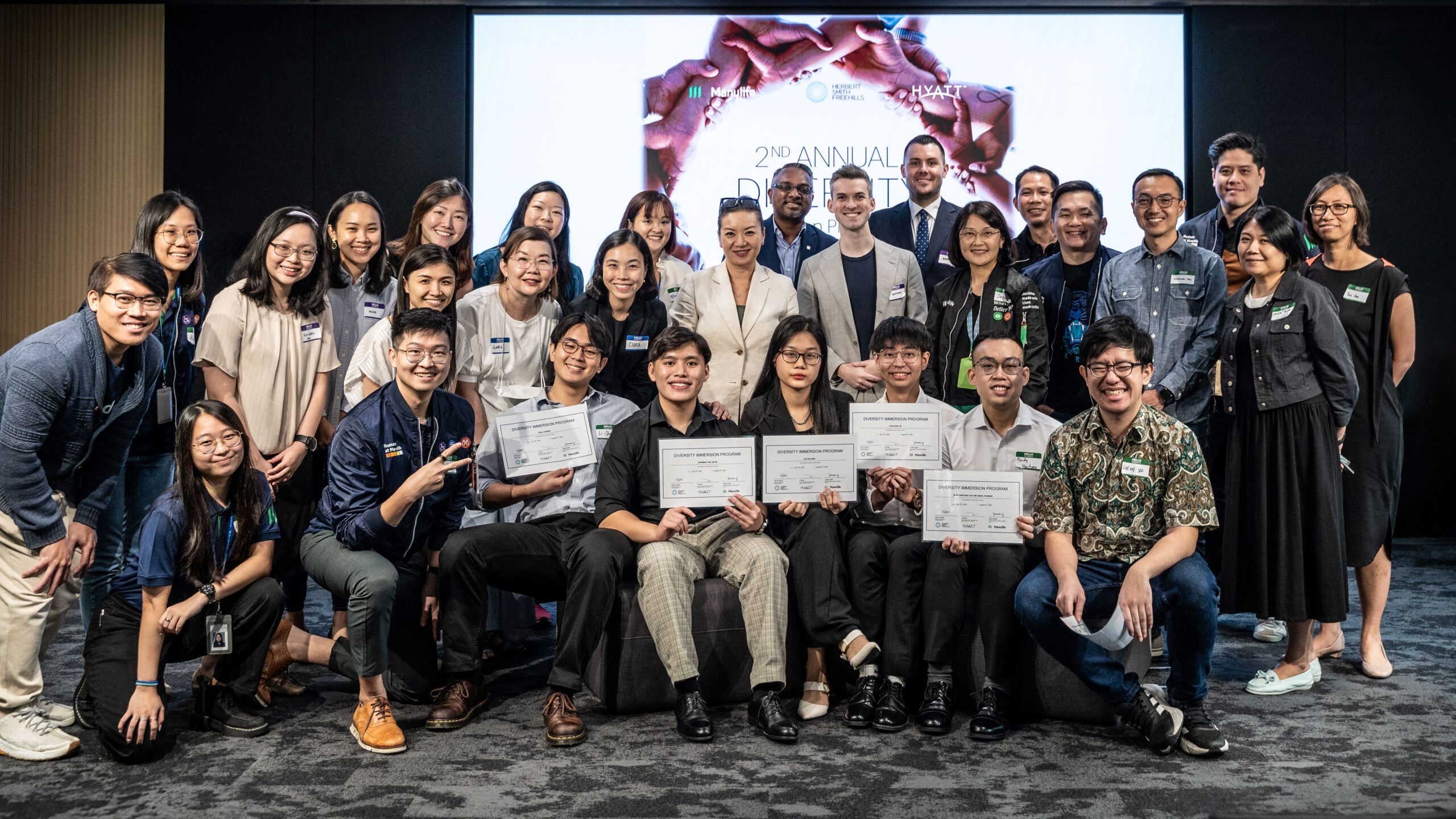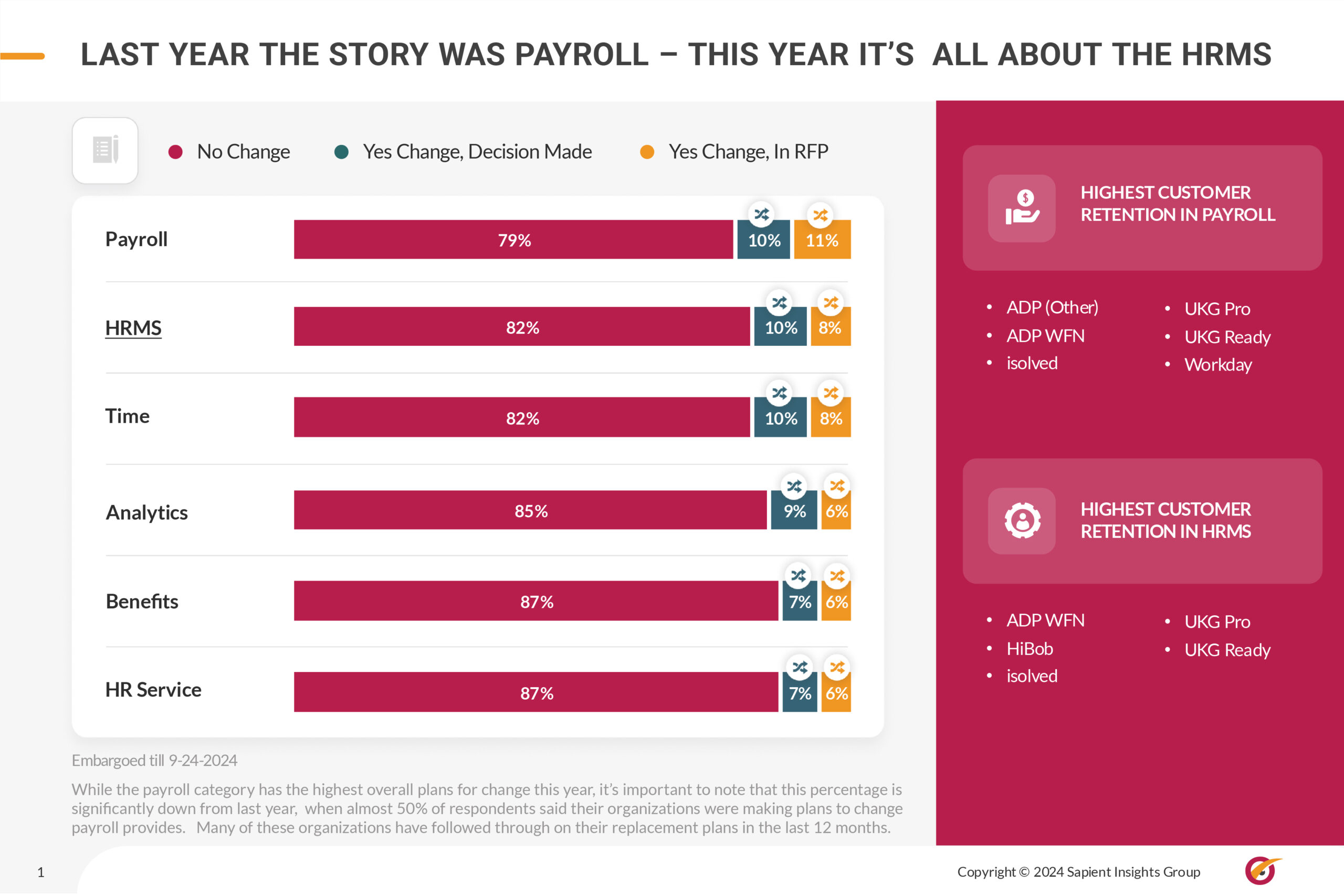The whole new world of work: Emerging trends in 2022
- HRM Asia Newsroom

If 2020 was the year the world stood frozen in place, 2021 was the year of great learning for HR professionals and leadership teams. The shift from working in offices to working from home and corresponding shifts in the availability of childcare and in-person schooling gave employees ample time to reflect on what was most important to them. As a result, employers are now playing catch up to ensure employee engagement and a better employee experience.

“If 2020 was the year the world stood frozen in place, 2021 was the year of great learning for HR professionals and leadership teams.” – Jeanne Achille, Founder and CEO of The Devon Group.
This seminal time in the history of work has numerous unique outcomes. Among those trends and technologies now here to stay are profound process changes to talent acquisition, talent management and even the backbone of why we work: payroll. Here are some of the emerging trends that HR needs to consider when planning for a successful 2022 and beyond:
Digital readiness reduces business disruptions: While unbeknownst to them at the time, those organisations that had achieved a degree of digital readiness were better prepared for the impact of the global pandemic. Apart from jobs that cannot be executed remotely because of physical proximity requirements – such as healthcare, retail, or restaurants – many businesses experienced less significant interruptions having already invested in collaboration and conferencing tools.
Additionally, companies could provide access to critical applications, databases and conversational chatbots via a single knowledge source have been able to support employees no matter where or what hours they worked. Employees have come to expect this consumer-grade experience at work and expect it to continue and grow.
The demographics dilemma: Timing is everything and exacerbating the impact of COVID-19 is a growing labour shortage. According to research by Emsi, there was an exodus of three million baby boomers in 2020. In September 2020 alone, 865,000 women dropped out of the U.S. workforce – four times the number of men did. Record-low participation in the workforce is so dramatic that it has been coined the “Great Resignation.”
The U.S. has experienced the lowest birth rate in its history. Other countries including Sweden, Hungary, Japan, and South Korea have declining birth rates. All these stark numbers are making it harder to attract, recruit and hire qualified talent. In an effort to speed time-to-hire some organisations are replacing the CV with assessment testing to predict potential instead of relying on professional credentials. Others have relaxed background checking requirements.
The on-demand economy: Perhaps the epitome of epoch-making change has been the rapid evolution of earned wage access. HR professionals – and their counterparts in finance – will find 2022 to be the year of “EWA” (Earned Wage Access) whereby employees can have timely access to wages for the work they have done instead of waiting for a set pay date.
By alleviating the uncertainties created by financial stress, employers can help retain valuable talent, reduce absenteeism, and even decrease workplace accidents. Employees can address day-to-day financial obligations without waiting for a monthly pay date; plus, pay can be issued directly on cards versus traditional pay slips.
Founder and CEO of The Devon Group, Jeanne Achille has helped launch thousands of HR tech products and companies including sourcing, recruiting, onboarding, HRMS/payroll, relocation, talent management, succession planning and coaching solutions. Chair of the Virtual HR Tech Conference, she also chairs Women in HR Tech Summit in the U.S. and Singapore. Follow her on Twitter and connect on LinkedIn.






